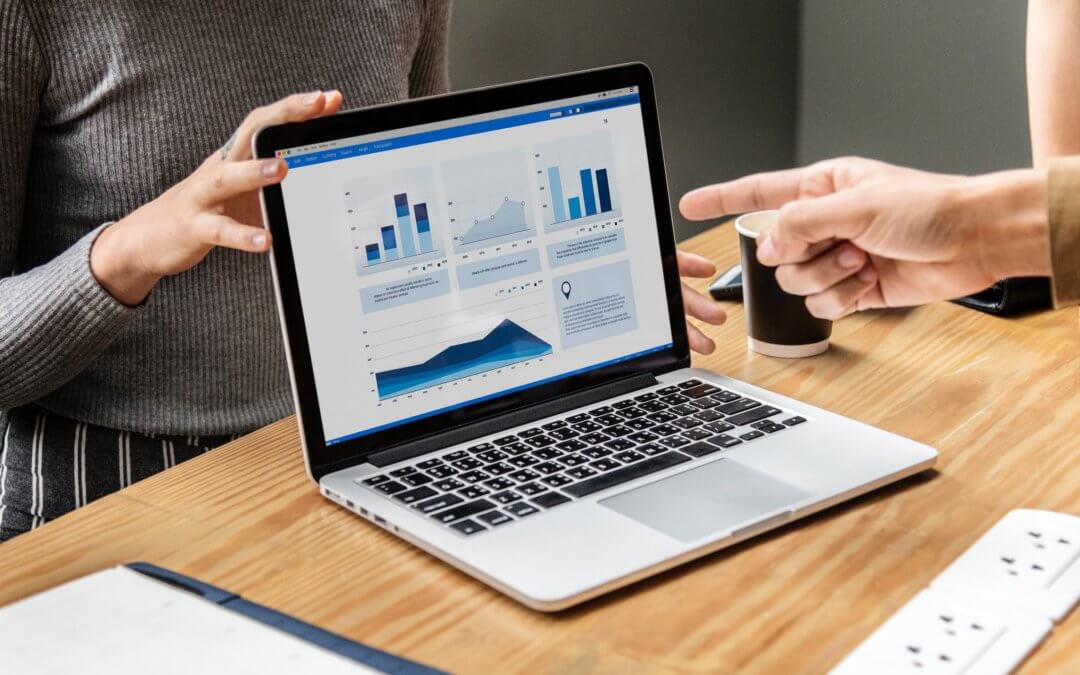With no delay, MTD for VAT is on track for its 1st April 2019 deadline. While there has been a flurry of updates on the legislation, there’s also been a lot of misinformation muddying the water in terms of what is required of businesses leading up to this date.
To clarify, the current HMRC gateway will no longer be available for businesses that have a taxable turnover above the VAT registration threshold, which currently sits at £85,000. Such businesses will be required to keep digital VAT business records and send them direct to HMRC through compatible software.
As there is such a diverse range of guidance on MTD planning, and with only 57% of business owners prepared, we thought we would use this opportunity to discuss what we suggest businesses should be doing ahead of this spring.
Assess the potential impact on business practices
Assuming that you currently use accounting software for your finances, the impact of MTD shouldn’t cause too much disruption. That is, provided that the software you currently operate has the capability to file tax returns directly to HMRC. If your current software does not intend on evolving to include such features, then you will have to begin the process of moving to another software.
If you are still working from paper, embracing technology can take a little getting used to. Don’t be dissuaded, however – instead, use the opportunity to bring your business up to speed long before the deadline. You’ll be learning all the tools and techniques needed to stay compliant while others continue to ignore the importance of digitalised accounts.
Keep an eye on the timelines
While MTD for VAT won’t be delayed, that isn’t to say that other elements of the timetable will remain concrete. If you are under the current turnover threshold, you won’t be expected to incorporate the necessary accounting software until April 2020. Businesses under the threshold will still be able to access the HMRC portal or choose to adopt MTD ahead of time.
Additionally, the deadlines for other taxes (including Corporation Tax) have also been pushed back to April 2020 in an attempt to allow more time for smaller businesses to adopt the change. Even in the case of April’s MTD for VAT roll-out, there has been an allocated grace period extending to March 2020 to offer a breather for businesses as yet unfamiliar with the digitalisation of accounting. These dates could change, so it remains important to stay alert to possible amendments.
Don’t disregard physical records
Lastly, keep updated on HMRC’s guidance. While the future seems paperless, at this moment in time there is still a requirement for some records to stay preserved in their original form. MTD isn’t going to immediately remove the requirement to keep certain physical business records. It’s safer to assume that documents where specific data is recorded only in physical formats need to be kept.
For example, if an invoice retains unique information, you would be required by law to keep a copy for your business records as the software you use may not necessary register the information. Where the software has scanned and saved an image of the entire invoice, physical storage may not be necessary – except in cases where the information must remain in its original form.
If you’re concerned that you may be falling behind, don’t worry. At Nabarro Poole, our dedicated team are here to ensure that you stay ahead throughout the changes this spring. We’re happy to explore all options open to you, just get in touch via our contact form and we’ll find a solution that suits your business.


Recent Comments